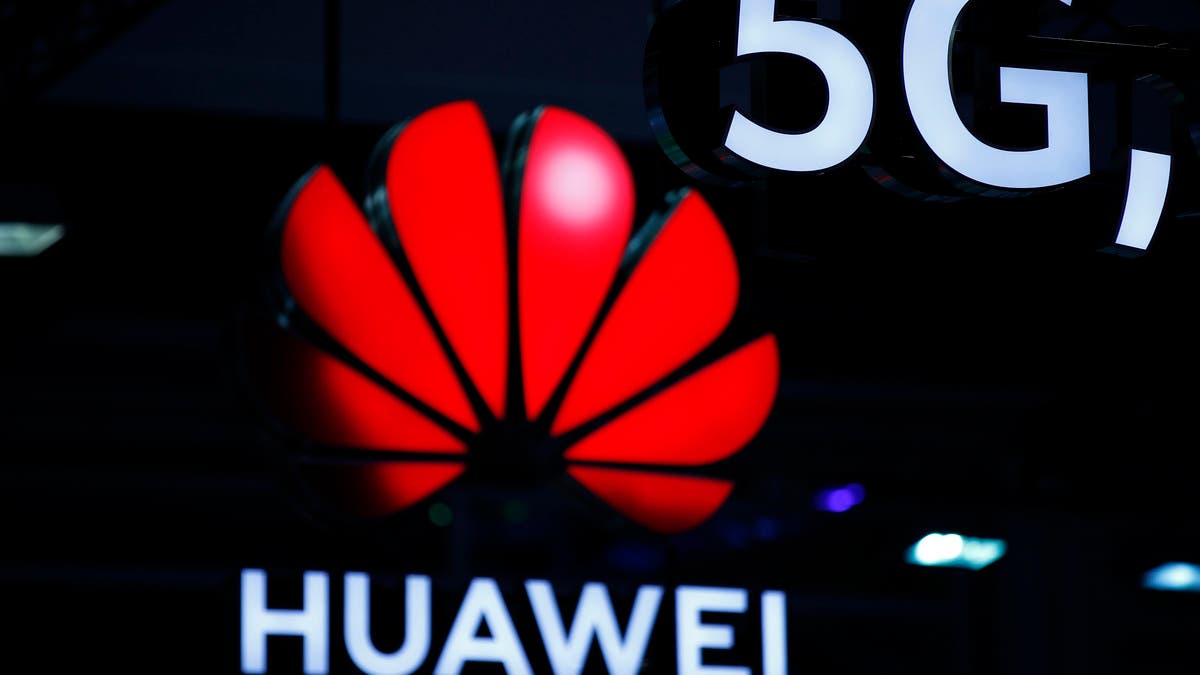Wireless carriers in Canada won’t be allowed to install Huawei equipment in their high-speed 5G networks, the Canadian government said Thursday, joining allies in banning the giant Chinese technology company.
Canada had been the only member of the Five Eyes intelligence-pooling alliance not to bar or restrict use of equipment from Huawei Technologies Co. Ltd. in its 5G networks. The US and the other members — Britain, Australia and New Zealand — previously banned Huawei.
For the latest headlines, follow our Google News channel online or via the app.
“We are announcing our intention to prohibit the inclusion of Huawei and ZTE products and services in Canada’s telecommunications systems,” Industry Minister François-Philippe Champagne said.
Canada’s ban also includes ZTE Corp., one of China’s biggest tech companies and one that is state-owned.
Champagne added that “providers who already have this equipment installed will be required to cease its use and remove it.” He said Canada’s wireless companies won’t be offered compensation.
Canada’s major wireless companies already had started working with other providers.
“There are many hostile actors who are ready to exploit vulnerabilities in our defenses,” Public Safety Minister Marco Mendicino said.
Mendicino said the government did an extensive review and is redoubling efforts to protect Canadians.
China condemned the move against one of its national champions as a form of “political manipulation” carried out in coordination with the US, which was aimed at “suppressing” Chinese companies in violation of free market principles.
“China will comprehensively and seriously evaluate this incident and take all necessary measures to safeguard the legitimate rights and interests of Chinese companies,” the Chinese Embassy in Canada said in a statement posted on its website.
China commonly employs such language in commercial disputes, which often does not lead to a firm response from Beijing.
The US government has been lobbying allies like Canada for years to exclude Huawei from new ultra-fast 5G mobile networks over worries that China’s communist rulers could compel the company to help with cyberespionage.
The US has warned it would reconsider intelligence sharing with any countries that use Huawei gear.
The company has repeatedly denied the allegations.
“We’re disappointed but not surprised. We’re surprised it took the government so long to make a decision,” Huawei spokesman Alykhan Velshi said. “We see this as a political decision, one born of political pressure primarily from the United States.”
Velshi said there will be Huawei equipment in Canada for years to come. He said the company has over 1,500 employees in Canada and two-thirds of them work in research and development.
The development of 5G, or fifth-generation, networks will give people speedier online connections and provide vast data capacity to meet ravenous demand as more and more things link to the internet and innovations such as virtual reality, immersive gaming and autonomous vehicles emerge.
Huawei is the biggest global supplier of network gear for phone and internet companies. It has been a symbol of China’s progress in becoming a technological world power — and a subject of US security and law enforcement concerns. Some analysts say Chinese companies have flouted international rules and norms and stolen technology.
China, the US and Canada completed what was effectively a high-stakes prisoner swap last year involving a top executive from Huawei who had been charged with fraud by the US
China jailed two Canadians shortly after Canada arrested Meng Wanzhou, Huawei Technologies’ chief financial officer and the daughter of the company’s founder, on a US extradition request.
They were sent back to Canada in September, the same day Meng returned to China after reaching a deal with US authorities in her case.
Many countries labeled China’s action “hostage politics,” while China has described the charges against Huawei and Meng as a politically motivated attempt to hold back China’s economic and technological development.
“The decision should have been taken two or three years ago, but it’s a case of better late than never,” Guy Saint-Jacques, a former Canadian ambassador to China, said of the move to ban Huawei. “We are faced with a China that is a lot more aggressive in the conduct of its foreign policy but also in the way it obtains information to achieve its goals.”
Saint-Jacques said that under Chinese law no company can refuse a request from the Chinese government to share information, so it would have been impossible to allow Huawei’s participation.
He expects China to retaliate.
“I expect we will hear from them pretty rapidly,” he said. “They use trade as a weapon and I suspect that’s what we’ll see in this case.”
Read more:
US plans to impose sanctions on China’s video surveillance Hikvision: Report
India seizes $725m from China’s smartphone giant Xiaomi over ‘illegal’ remittances
US adds Russia’s Kaspersky, China telecom firms to national security threat list


 World3 years ago
World3 years ago
 World3 years ago
World3 years ago
 Business1 year ago
Business1 year ago
 Entertainment7 years ago
Entertainment7 years ago
 World7 years ago
World7 years ago
 Entertainment7 years ago
Entertainment7 years ago




